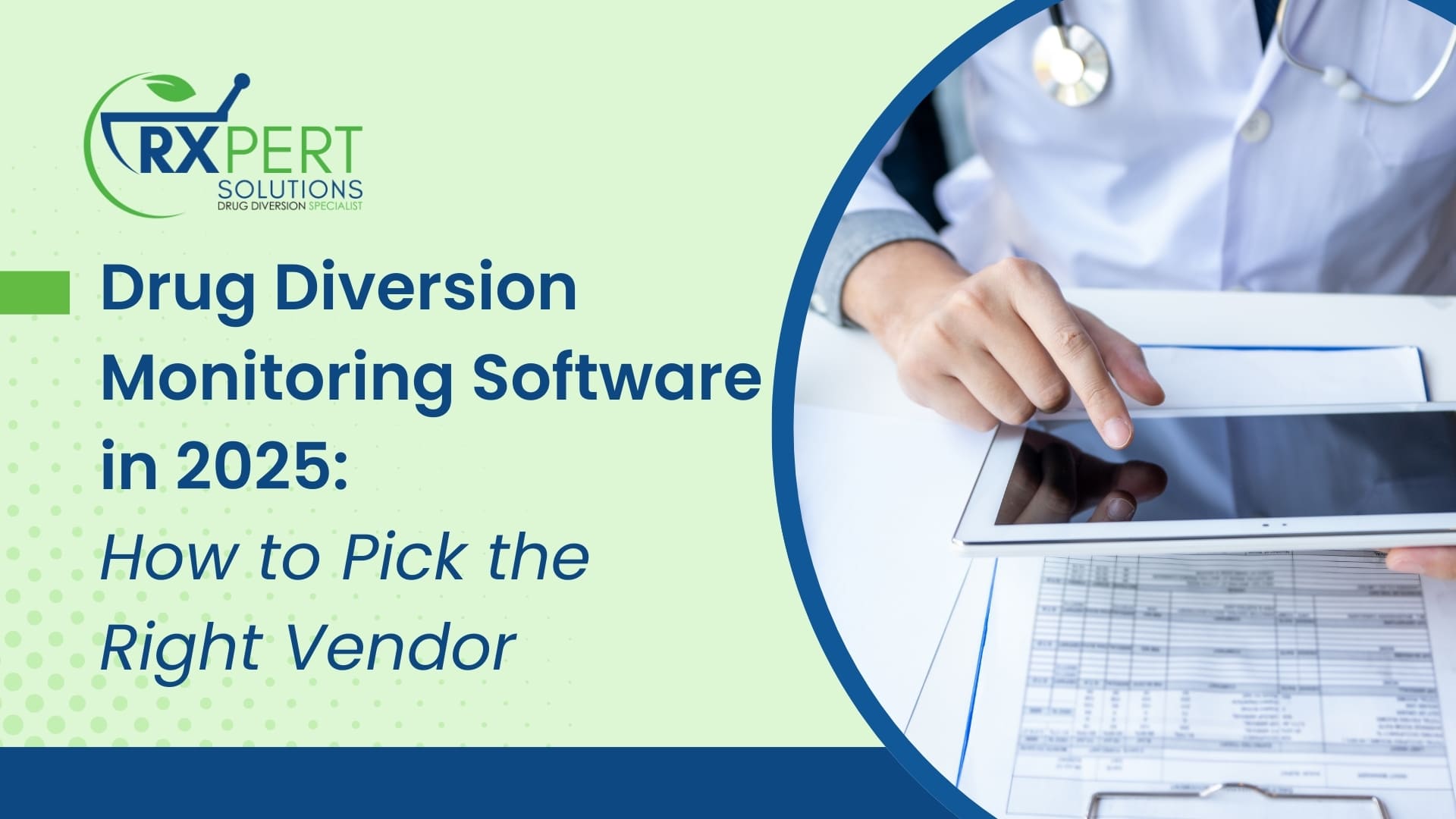Who, if anyone, at your institution is responsible for monitoring compliance when it comes to physician co-signature on verbal/telephone orders? CMS states in the State Operations Manual, that the prescribing practitioner must verify, sign, date and time the order as soon as possible after issuing the order, in accordance with hospital policy, and State and Federal requirements.
Compliance for order authentication does not typically fall to the pharmacy department, so why even mention it? Failure to authenticate verbal/telephone medication orders, or failure to authenticate timely, provides a mechanism for drug diversion that may go undetected. If a facility does not monitor order authentication, nursing staff can enter verbal/telephone one time orders for a controlled substance. They then remove the medication, chart administration and all steps have been complete and reconciled. The only way for the auditor to know if that order was legitimate is to see the provider’s signature (authentication) of that verbal/telephone order. If there is no provider signature, that is a regulatory problem as well as a gap in controlled substance security. Also, the more time there is between the verbal/telephone order and the authentication of that order the less likely the provider is to actually remember giving that verbal/telephone order which is also an issue.
The recommendation is two fold. First, limit the use of verbal/telephone orders. Many institutions do not allow verbal orders except in true emergency situations. Many don’t allow telephone orders if the providers enter orders electronically. Second, monitor verbal/telephone orders for timely authentication. Do what is needed for 100% compliance to state and federal requirements as well as hospital policy and reduce your risk for drug diversion.
The greatest obstacle to discovery is not ignorance – it is the illusion of knowledge. –Daniel J. Boorstin





